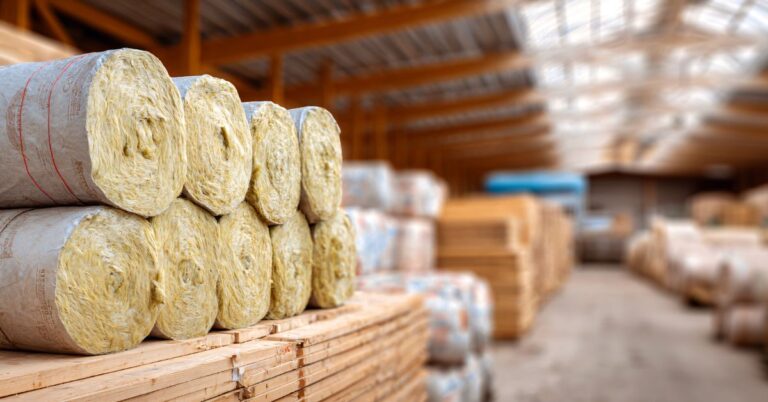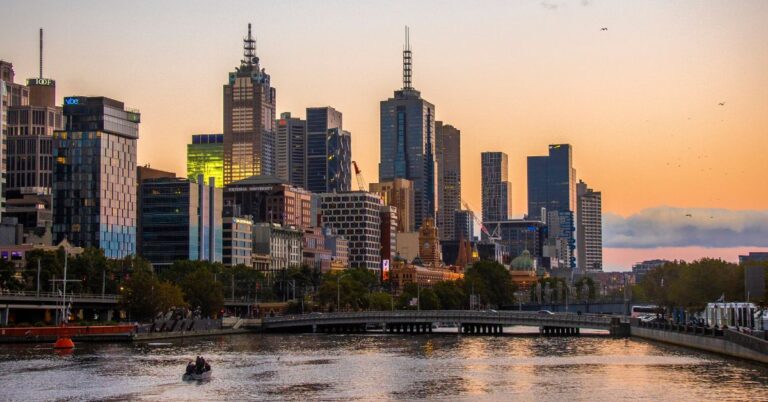Renovating a kitchen in Melbourne is one of the most impactful ways to add value, improve livability, and re-energise your home. But before you rip out the cabinets, you’ll want to know how much a kitchen renovation really costs. From kitchen remodel pricing to hidden kitchen expenses, this guide will walk you through what drives cost, realistic price ranges, and how to build a budget that keeps your project on track.
1. Key Factors That Influence Kitchen Renovation Costs
Understanding what raises or lowers cost will help you plan better.
1.1 Size, Layout & Scope of Renovation
- Are you doing just a facelift (repainting, new benchtops, hardware), or a full redesign (moving walls or relocating plumbing)?
- Larger kitchens cost more overall, but sometimes you get better value per square metre when scaling (but only if layout doesn’t become overly complex).
1.2 Materials & Finishes Chosen
- Cabinets, benchtops, splashbacks, flooring, lighting fixtures — each come in many quality levels. Standard finishes cost much less; premium or custom finishes (stone benchtops, imported tiles) increase price sharply.
- Hardware and appliances: higher end or built-in appliances (oven, cooktop, rangehood, dishwasher) add cost.
1.3 Plumbing, Electrical & Structural Changes
- Moving sinks or gas lines, adding extra power points, underfloor heating, or new lighting all add to cost.
- If you need structural changes — e.g. removing supporting walls, adding windows — costs and permits increase.
1.4 Labour Costs & Trade Availability
- In Melbourne, skilled trades (cabinetmakers, electricians, plumbers) are in demand. Labour rates and scheduling affect price.
- Access to site and complexity of installation (tight spaces, custom joinery) also add time and cost.
1.5 Permit Fees, Design, and Consultants
- Architects, kitchen designers, engineers may be needed depending on scope.
- Council permits if structural or plumbing changes; inspections required.
- Design fees for layout, 3D rendering, or custom cabinetry can make a real difference.
1.6 Hidden & Unexpected Expenses
- Subfloor issues, old wiring or plumbing, mould, termite damage can surface once work begins.
- Cost overruns often come from changes after work starts or from delays.
- Include waste removal, shipping or ordering delays, and temporary kitchen usage.
2. Typical Kitchen Makeover Cost Ranges in Melbourne
These ranges are approximate and meant to help you form a realistic budget.
- Minor Update / Cosmetic Upgrade: $15,000 – $30,000
Includes new cabinet doors or fronts, simple benchtop, repaint, new hardware, lighting. - Mid-Range Renovation: $30,000 – $70,000
Better cabinetry, upgraded benchtop (stone or engineered), new flooring, moderately high-end fixtures/appliances, possibly repositioning plumbing. - High-End / Custom Kitchen Remodel: $70,000 – $120,000+
Custom joinery, premium appliances, imported finishes, large islands, bespoke lighting, high Grade stone or solid surface benchtops. - Full Structural Redesign / Open Plan Integration: $100,000 – $150,000+
If removing load-bearing walls, extending footprint, adding windows or skylights — this significantly increases both cost and timeline.
Example scenario: You have a kitchen of about 20 m² and you want a mid-range renovation with upgraded cabinetry, stone benchtops, modern appliances, new flooring, and some lighting & plumbing work. It’s reasonable to budget around $50,000-$65,000. If you opt for premium finishes and high-end appliances, that might push toward $80,000-$90,000.
3. How to Plan Your Kitchen Upgrade Budget Wisely
To avoid surprises and ensure your budget aligns with your vision:
3.1 Start with a Clear Brief
What is essential vs what would be nice? Think about layout, materials, appliance quality, storage needs. Deciding this early helps in prioritising cost.
3.2 Obtain Multiple Detailed Quotes
At least three quotes from reputable kitchen renovators. Ask for itemised quotes: cabinets, benchtop, appliances, flooring, plumbing, electrical, lighting.
3.3 Stick to Standard Dimensions & Off-the-Shelf Components Where Possible
Custom sizes, cuttings, or unusual materials often add extra cost and lead times. Off-the-shelf cabinetry and standard appliances are more cost-efficient.
3.4 Schedule & Plan for Disruption / Temporary Kitchen
If your kitchen won’t be usable for part of the renovation, include cost for meals out, portable cooking setup, or temporary replacement.
3.5 Phased Upgrades to Distribute Cost
If your budget doesn’t allow full upgrade now, you might do the structural/layout work first, and cabinetry, appliances, etc later.
3.6 Include Contingency for Unexpected Issues
Set aside at least 10-20% of the kitchen renovation budget for surprises like plumbing, structural fixes, or delays.
4. Working with Designers & Choosing Trade Partners
Having the right team can save you money and stress:
- Work with a kitchen designer who understands both form and function.
- Ensure trades are licensed and insured. Ask for references of past kitchen remodels.
- Use fixed-price contracts when possible. This reduces the risk of surprise costs.
- Create a detailed schedule of payments tied to milestones (cabinet install, benchtop install, appliances, finishing).
- Inspect work at each stage — avoid changes mid-build unless essential, because these often become expensive.
5. FAQs on Kitchen Renovation Costs in Melbourne
Q: What’s the cost per square metre for kitchen renovation?
A: It depends heavily on finish quality and layout changes, but for mid-range kitchens, expect roughly $2,000 to $4,000 per m². High-end custom kitchens may cost significantly more.
Q: Will replacing appliances significantly increase expenses?
A: Yes. Premium appliances, especially built-in or imported models, can add several thousand dollars. But investing in energy-efficient models may save money over time.
Q: Does moving plumbing or structural walls add a lot to cost?
A: Absolutely. Whenever plumbing is moved or structural (load-bearing) walls are altered, both materials and labour costs go up, not to mention permit and engineering fees.
Q: How long does a kitchen renovation take in Melbourne?
A: A simple cosmetic makeover might take 2-4 weeks, whereas a full renovation (layout change, structural work, high-end finishes) could take 8-12 weeks or more.
Q: Do I need permits for kitchen renovations?
A: If you’re altering plumbing, gas lines, or structural elements, you will usually need building permits. Even electrical work may require licensed professionals and inspections.
Conclusion
A kitchen renovation in Melbourne is one of the best ways to refresh your home, but it comes with a wide range of kitchen makeover costs depending on materials, layout, appliance choices, and level of finish. Whether your project is a minor facelift or a full redesign, the key is to plan thoroughly, collect detailed quotes, and build in adequate contingency.
If you want a tailored estimate for your kitchen remodel, reach out to SLK Homes — we’ll help you define your priorities, map your kitchen upgrade budget, and deliver a renovation you’re proud of without unexpected cost shocks.




